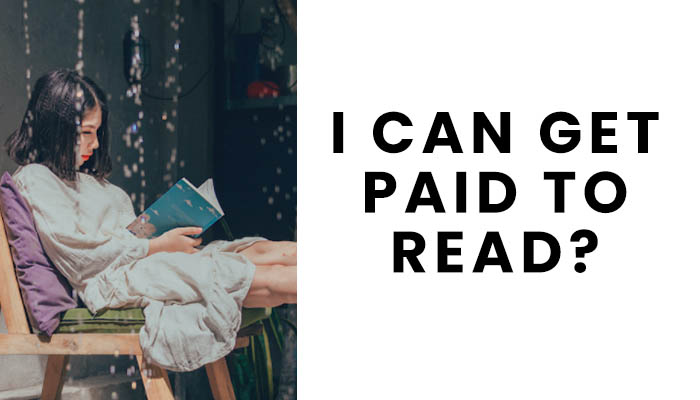FWJ Resources Area
-
How to Get Paid to Proofread
In this day and age, professionals are starting to value the importance…
-
How to Reply to Snarky Editors and Win Their Article Acceptance
You’ve been working on your piece for what seems like weeks even…
-
5 Types of Content to Pitch During a Pandemic
In my experience, the hardest part of being a freelance writer isn’t…
-
Remote Writing Jobs: 18 Websites to Find Work
You’ve scoured FWJ for the best tips on getting hired as a…
-
Amazing Tips for Freelancers to Create Videos with iMovie Software
By 2022, video content will account for over 80% of all web…
-
Writing Tips: Don’t Make a Big Thing Out of Writer’s Block
You know that feeling. You check your word count and you still…
-
The One Strategy That Increased My eBook Sales by 110%
Successful authors usually have one thing in common: they know a thing…
-
Design Tips for Your Freelance Writing Portfolio
The best freelance writers (and pretty much every other freelancer: designers, developers,…
-
How Freelance Travel Bloggers Can Increase Earnings and Volume
Travel blogging is something many bloggers and content creators hear about, but…
-
5 Incredible Instagram Tips for Freelancers to Grow their Brands in 2019
As online content creators and freelancers, it’s a necessity to not only…










